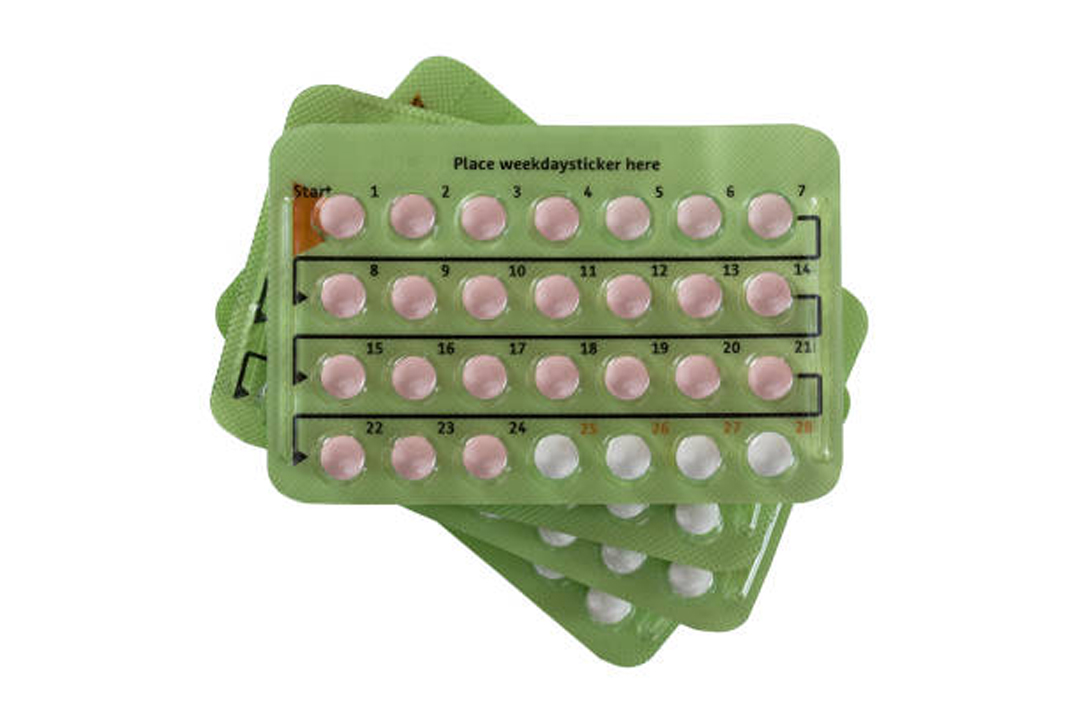Taking care of our health is essential, and one way to prevent heart disease and stroke is through statins that lower cholesterol. However, some statins can cause memory problems. If this occurs, it is advisable to speak with your doctor to switch to a different type. It is important not to let memory loss deter you from caring for your overall health. Depression can also cause memory problems, as it makes it difficult for the brain to process information. Seeking professional help is vital to manage depression, allowing you to feel like your best self again.
Maternal forgetfulness, commonly referred to as “baby brain” or “baby drain,” may not be a myth, and hormonal changes during pregnancy can affect memory. To help improve memory during pregnancy, it is recommended to focus on getting enough sleep and maintaining a healthy diet. Women who experience memory problems due to a decrease in estrogen during menopause may consider hormone replacement therapy (HRT) or herbal products that act as estrogen replacements, such as red clover, sage, black cohosh, and dong quai. Talking to a doctor can help determine which treatment option is best.
Choose your statin
Protecting our health is very important, and statins that lower cholesterol are one of the best ways to avoid heart disease and stroke. But a side effect of some statins is that some people may have trouble remembering things. It’s important to take care of both our heart and brain health, so it’s important to pay attention to any side effects. There are many different types of statins, so if you’re having trouble with your memory, moving to a different type may be a good idea. Still, it’s important to talk to your doctor before making any changes to the way you take your medications. Don’t let your memory loss stop you from taking care of your general health and well-being.
Get depression assistance
It’s important to get professional help if you’re feeling depressed, not only for your mental health but also for your memory. Depression can make it hard to focus and remember things because it makes it harder for your brain to process information. In fact, study done at King’s College London has shown that people who are sad have a minor hippocampus that is the part of the brain which assists us recall things, when related to individuals who aren’t depressed. This shows that depression can cause physical changes in the brain that make it harder to make and remember memories. If you’re feeling down and having trouble remembering things, don’t be afraid to talk to your doctor. They can help you figure out what’s going on and treat it so you can feel like your best self again.
Combat baby drain
Commonly called “baby brain” or “baby drain,” maternal forgetfulness may not be a myth after all. Recent study done in Australia suggests that pregnant women have worse memories than non-pregnant women, especially when it comes to remembering new information like phone numbers or people’s names. Hormonal changes during pregnancy and the changes and loss of habit that often come with pregnancy are thought to play a role. Even though you may not be able to do much about hormonal changes, there are things you can do to help your memory while you are pregnant. Focusing on getting enough sleep and eating a healthy diet may help keep your mind sharp and give you the best chance of remembering important information, even though pregnancy can be hard.
Replace estrogen

If you are going through menopause and having trouble remembering things, it could be because you don’t have enough estrogen in your body. A study done at the University of California found that a drop in estrogen levels can change the neurotransmitters in the brain that help with remembering. If you’re worried about memory problems caused by menopause, you should talk to your doctor about what you can do. Hormone replacement therapy (HRT) may be a good way to treat some women. Your doctor can help you decide if it’s right for you. If you would rather not use hormone replacement therapy (HRT), you can get herbal products that can act as estrogen replacements. Some examples are red clover, sage, black cohosh, and dong quai, which is a traditional Chinese medicine. By talking to your doctor about your choices and trying out different treatments, you can find a way to help your memory and health in general during menopause.
Check your thyroid
Hypothyroidism is a disease that affects about 15 out of every 1,000 women (it’s less common in men) and can cause forgetfulness, fatigue, weight gain, and a bad mood. When the thyroid gland isn’t working well, it can hurt many parts of the body, including the mind and memory. Hypothyroidism is easy to identify and treat, which is good news. If your memory and other symptoms worry you, you should talk to your doctor and ask for a thyroid check. By figuring out if you have a thyroid problem and fixing it, you can help your memory and health in general.
Reconsider sleeping medications
If you depend on sleeping pills to help you get a good night’s sleep, you should know that they can hurt your memory and performance both right away and the next day. If you have these problems, you might want to try making changes to your life instead of taking sleeping pills. For example, you could cut down on how much caffeine you drink or stop eating late at night. Also, getting enough exercise can be helpful, but you shouldn’t work out too late at night because it can make it harder to relax. Good sleep habits, like going to bed at the same time every night and only using your bedroom for sleeping and sex, can also help. If making changes to your lifestyle doesn’t help, you might want to try natural treatments like valerian, a herbal supplement that can help you relax and sleep. It’s always a good idea to talk to your doctor about your choices to figure out what the best course of action is for you.







